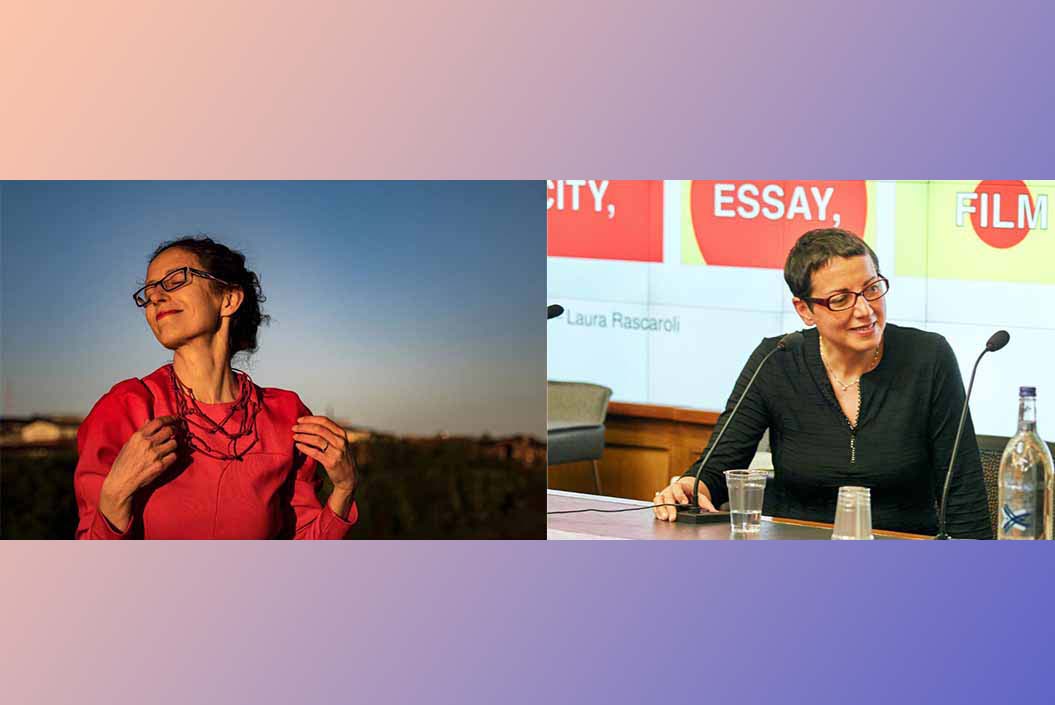In This Section
- Home
- About Us
- Study with Us
- FMT Doctoral Studies
- Research
- CARPE
- Collaborations
- EDI
- People
- Film
- Music
- Theatre
Two projects in the School of Film, Music & Theatre awarded Future Humanities Institute Seed-Funding

Two research projects based in the School of Film, Music & Theatre / CARPE – Centre for Arts Research and Practice were awarded funding under the UCC Future Humanities Institute Seed-Funding initiative: Tempestries: Textiles, Tactility & the Climate Emergency, led by Professor Jools Gilson (Theatre), and Essaying Democracy in Europe, led by Professor Laura Rascaroli (Film & Screen Media).
The Scheme provides support for humanities and arts-led, interdisciplinary research initiatives that have the potential to be developed into full-scale funded projects and that align with the mission and vision of the Future Humanities Institute: to drive research excellence and innovation by bringing humanities and arts methodologies to bear on pressing social, cultural, environmental and technological challenges, both local and global; to foster creative, inclusive and transformative interdisciplinarity grounded in humanities and arts methodologies; and to deepen and transform our understanding of the place and role of the human.
Tempestries is an inter and transdisciplinary Artistic Research project focused on the development of generative creative practices which interweave Choreography / Somatics, Environmental Science, Smart Textiles (textiles with integrated technologies), Archaeology, Creative Writing and Performance. Tempestries is focussed on the ways movement and textiles shape a sense of place within an Irish context. Its spliced science and speculative history are anchored in the story of a 7th Century bog skeleton and her textiles found on Cloonshannagh Bog in Co. Roscommon in 2005. This FHI application is specifically focussed on the development of prototype smart textiles in collaboration with the Wearable Technology Lab, Tyndall International Institute and the Sound / Media Artist Benjamin Burns.
Essaying Democracy in Europe is an exploration of what it claims is the renewed importance of the essay for democracy – indeed, for the future of democracy − in Europe. In an era in which new digital technologies produce a subjectivity largely disconnected from history, disallowing the generation of critical knowledge of the subject in their historical becoming, as well as the transformative encounter with alterity, the essay form is an obstinate conduit for a slow form of thought that applies itself to rethinking the complexity of the world and its relationship to contemporary subjectivity. While characteristically an oblique and occasional activity, essayistic production has been expanding exponentially and adapting to new media, emerging as a diffuse but pervasive space of deliberation, and over the past twenty years has become a crucial form of expression, from film to installation, multi-media performance, immersive environments, the Internet, and social media, among others. This project argues that the essay, with its heretical attitude towards generic rules, its protean quality, its historically positioned subject, and its dialogical structure and mode of address, holds a formidable democratic potential as a tool for both a subjective and collective critical engagement with complexity, and for the expression of alternative points of view.
The two projects are aligned with the Arts Research and Practice Cluster of the FHI.
